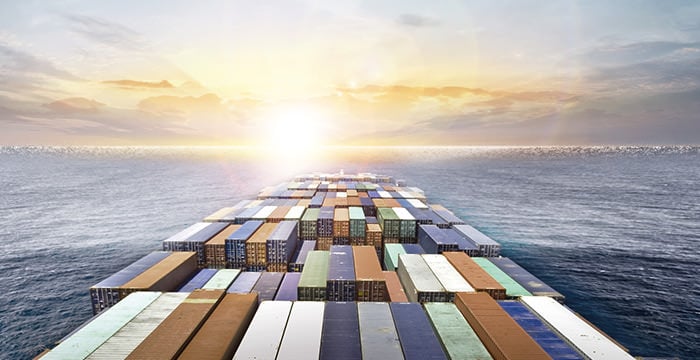Prime Minister Muhammad Shehbaz Sharif announced on Monday that the government’s reforms in the maritime and energy sectors would enhance trade, reduce operational costs, and unlock Pakistan’s economic potential.
Chairing a high-level meeting to review the progress of maritime sector reforms, the Prime Minister emphasised the importance of modernising port infrastructure, streamlining customs operations, and strengthening the country’s maritime economy for long-term benefits.
He praised the task force on maritime reforms for their diligent efforts in preparing a comprehensive set of recommendations aimed at addressing stagnation in the sector that has lasted for decades.
“Pakistan is blessed with a long coastline and abundant maritime resources. With the right reforms, we can unlock immense economic potential and elevate our ports to global competitive standards,” said the Prime Minister.
The Prime Minister also highlighted the success of energy sector reforms, particularly the reduction in electricity tariffs by Rs7.5 per unit, which he attributed to the focused work of the energy sector reform task force.
He assured that the same approach would be applied to the maritime sector. “This electricity tariff reduction is a major relief not only for households but also for all sectors, including agriculture, trade, and industry. It will lower production costs, improve local manufacturing, generate employment, and enhance exports,” he stated.
Discussing the broader economic strategy, the Prime Minister reiterated that structural reforms were central to stabilizing Pakistan’s macroeconomic indicators. He also noted the opportunity presented by the recent drop in global oil prices, assuring that the government was working to maximize its long-term benefits for the country’s economy.
The meeting reviewed a detailed roadmap for maritime sector reforms, which included the introduction of the Pakistan Maritime Port Act to unify regulations across ports, the creation of a national dredging plan, and the formation of a National Dredging Company to serve all ports in the country. Modernization efforts for the Pakistan National Shipping Corporation (PNSC) were also discussed, with a 25-year rehabilitation plan that includes private sector involvement through public-private partnerships.
Participants were informed of the establishment of a hazardous waste disposal plant in Gadani to manage chemical and industrial waste. The Prime Minister directed authorities to expedite the installation of modern scanning systems at all ports and streamline customs clearance procedures, particularly for red and yellow channels.
He also instructed the development of a plan to auction long-held containers quickly to free up port space and improve efficiency. The task force provided updates on financial, HR, and performance audits at national ports, training and development efforts at Karachi Port Trust, and the review of trade tariffs to enhance the competitiveness of Pakistani ports.
The meeting was attended by Deputy Prime Minister and Foreign Minister Muhammad Ishaq Dar, Chief of Army Staff General Syed Asim Munir, federal ministers, and senior officials from various ministries and institutions, all of whom reaffirmed their commitment to the maritime sector’s reform agenda.
The Prime Minister concluded by emphasizing that maritime resources are essential for global trade and Pakistan’s economic future, stressing the need for timely action to remain competitive in an evolving global market.
